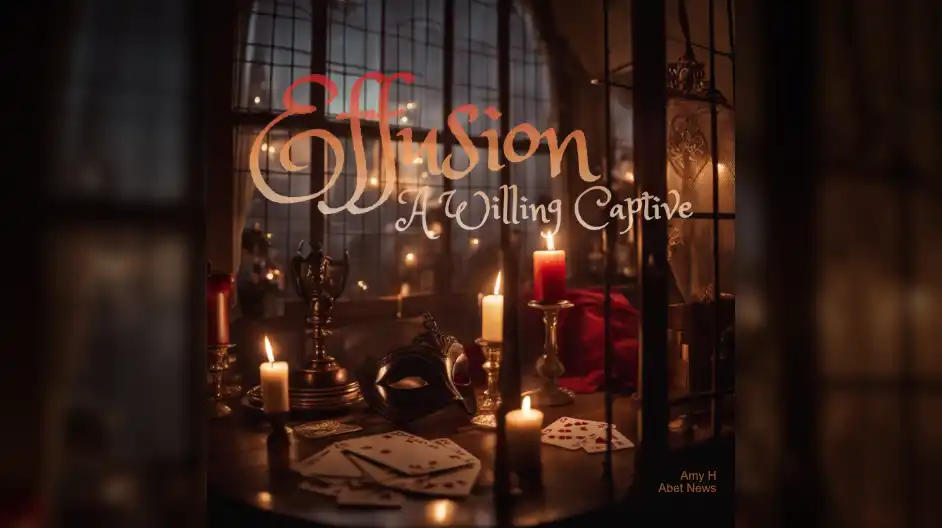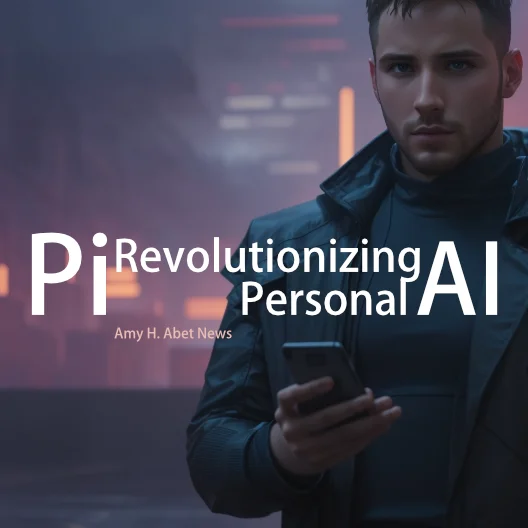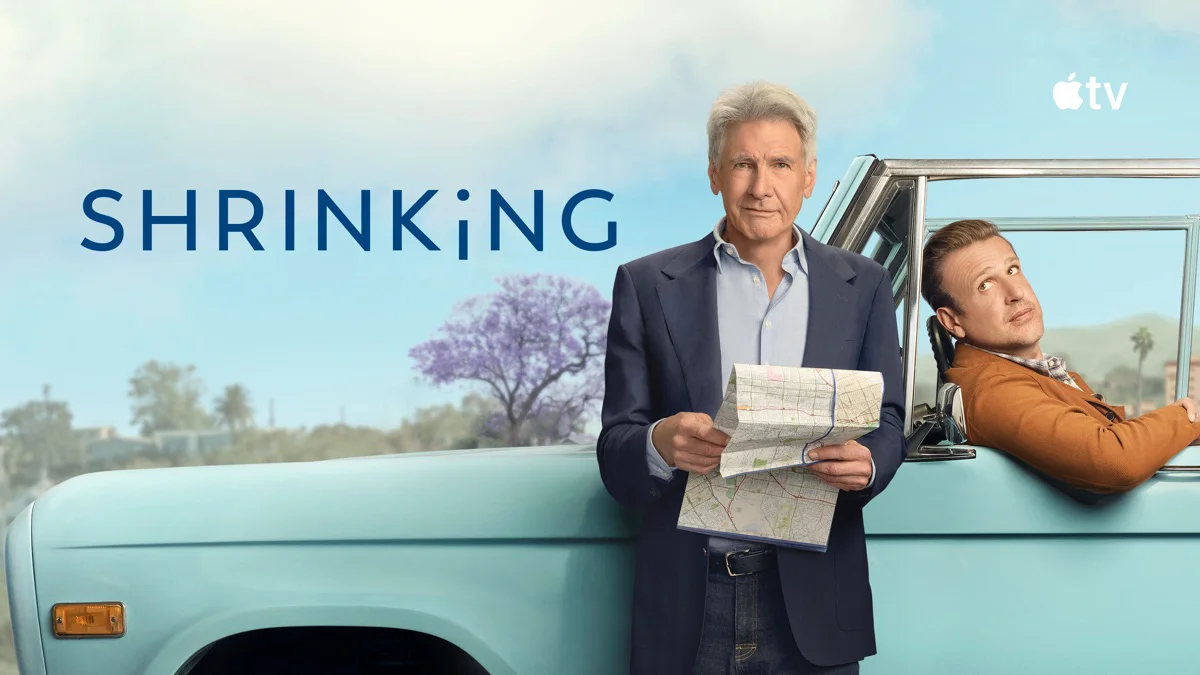Forgive and Forget

Could the World be More Peaceful if we Learn to Forgive and Forget?
In an era characterized by global interconnectedness and advanced technology, the pursuit of peace has never been more crucial. While the world grapples with complex challenges, it’s worth considering whether the key to a more peaceful world lies in our ability to forgive and forget. The concept of “forgive and forget” has long been associated with personal conflicts, but can it be applied on a global scale to foster a more harmonious and peaceful global community? Let’s delve into how forgiveness and forgetfulness can play pivotal roles in achieving this goal.
Forgiveness: The Healing Balm
Forgiveness is a powerful force that has the potential to mend the deepest of wounds. It involves the conscious decision to pardon someone for their wrongdoing, letting go of anger, resentment, and the desire for revenge. In the context of the world at large, forgiveness extends beyond the individual level to nations and cultures. By forgiving past transgressions, societies can initiate the healing process necessary to move forward in a positive direction.
Forgiveness holds immense potential for reducing global tensions and conflicts. It can help resolve historical disputes, reduce animosities between nations, and promote reconciliation. The act of forgiving acknowledges the wrongs of the past while choosing not to perpetuate a cycle of revenge. By embracing forgiveness on a larger scale, we can create a more peaceful world where the weight of past grievances no longer hinders progress.
Forgetfulness: A Fresh Start
Forgetfulness, in the context of global peace, is not about erasing history or neglecting its lessons. Instead, it signifies a shift in perspective—choosing not to dwell on past conflicts and grudges, and instead focusing on the present and future. The world has witnessed countless conflicts, whether they be political, cultural, or territorial, that continue to shape international relations. Yet, what if we allowed ourselves to forget the emotional baggage associated with these conflicts and gave ourselves the freedom to move forward?
Global Interconnectedness: The Catalyst
In our digitally connected world, the need for forgiveness and forgetfulness becomes increasingly evident. Technology has brought people from diverse backgrounds closer than ever before. This interconnectedness highlights shared interests and challenges that transcend borders. Addressing global issues, such as climate change, public health, and economic stability, requires a collective effort.
Forgiveness, in this context, signifies the acknowledgment of historical wrongs and a commitment to move beyond them for the greater good. By forgiving, nations can bridge divides, build trust, and create a more cooperative and united global community.

The pursuit of global peace is a multifaceted endeavor, and it encompasses a willingness to forgive and forget. Forgiveness offers the balm for healing wounds, mending relationships, and resolving conflicts. Forgetfulness, when used wisely, allows us to free ourselves from the burdens of past grievances and focus on common objectives.
In an interconnected world, it is our collective responsibility to embrace forgiveness and forgetfulness as we work together for a more peaceful and harmonious world. By choosing to forgive past transgressions, nations can set the stage for reconciliation and cooperation, while simultaneously letting go of the emotional baggage associated with historical conflicts. In this way, the world can evolve towards a brighter future, where the shadows of past grievances no longer obscure the path to peace.
Suzy Kim






2 comments on Forgive and Forget
If we practice peace, we will achieve peace.
All will have to at the same time, or it won’t work.